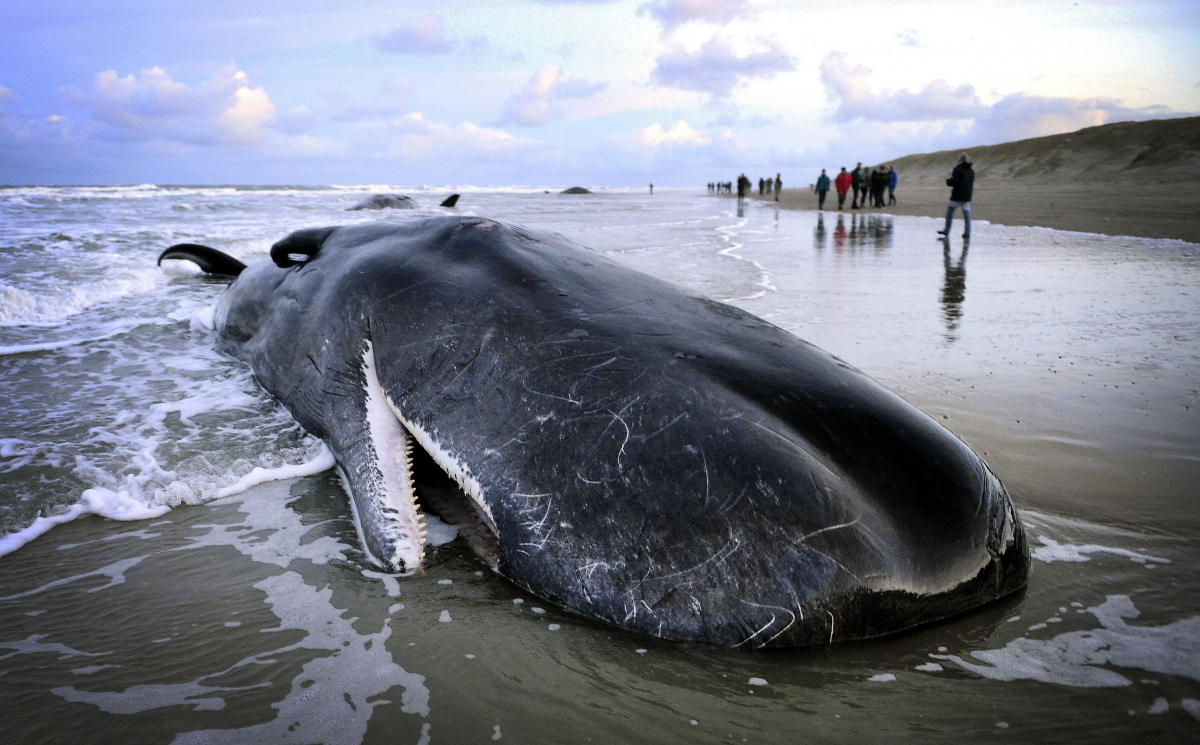Japan, in many ways is a model global nation, has long been an outlier on whaling, an industry that has been long-abandoned as unnecessary and cruel by many countries, yet the Japanese claim it as the part of their culture. With Japan’s exit from the International Whaling Commission (a politically-motivated decision Tokyo should consider), this divide has yet again come to a head.
Japan and the history of Whaling
The argument presented by Japan is that the commission was set up in 1946 to control commercial whaling, not ban it entirely. After the vast decrease of whales in the 70s, the commission ordered a moratorium that came into effect in 1986 and looks to continue it for an indefinite period of time, despite intensive lobbying by Japan and other countries defending whaling (most notably Iceland and Norway).

What happened, in reality, was that Japan continued flouting the moratorium, using a loophole that allowed slaughtering hundreds of whales, sperm whales and fin under the tag of “scientific research”.
All of that ends with Japan’s withdrawal from the whaling commission, which is some good news for the whales off Antarctica, as Japan passed a statement saying that it will limit whaling to its own territorial waters.
Disputes with other countries over Whaling
This decision was welcomed by Australia, which has supported the protection of Antarctic whales for a long time. Australia even challenged Japan once back in the year 2014, where they won but Japan made some minor changes and kept hunting whales.
Sea Shepherd, an environmental organisation has revealed that Japan has now declared itself a “pirate whaling nation” instead of abiding by the rules. Just like Japan’s claim of conducting a “scientific research” is a myth, so is the notion that commercial whaling is central to Japanese identity.
People have been hunting whales for food and oil since ages, and for a few years post World War II, whale meat played an important role in the diet of a conquered and impoverished nation.

Not all species of whales are endangered, though there are many, like the blue and right ones, are at worrisome levels. However, commercial whaling isn’t the greatest threat faced by these whales.
Japan’s Tradition of Whaling and Politics
Collision with ships, fishnets, pollution and other human activities also cause great danger to these whales. A survey conducted in 2012 by Nippon Research Center suggested that almost 90 per cent of Japanese had not bought whale meat in the previous year, and only a quarter of Japanese supported whaling.
This suggests that the Japanese taste for whale meat has steadily declined over the years.
As of 2013, the whaling industry in Japan has less than 1,000 employees and required government subsidies to survive. This is rarely equivalent to the cultural importance given to whale hunting in indigenous communities in Alaska or Greenland.
But the point is that most of the world – including most Japanese – have moved on from killing whales and the Japanese government’s decision to quit the commission is nothing more than a gambit by nationalist politicians to come up as defenders of life, similar to President Trump’s defence of coal mining.
Withdrawing from Whaling Commision for a short-lived political gain is a stupid move, considering how advanced Japan is and how it has generally supported multilateral efforts on the environment.
The commission is not imposed by the Western culture, as a few Japanese nationalists might portray, but simply an expression of a universal obligation to protect natural resources and the planet, including the beautiful giants of the ocean.

US President Donald Trump’s ejection of the Paris climate treaty and his dismissive attitude to most other international treaties, trade accords and alliances have done incalculable damage to the postwar international order. That is simply not a model Japan should emulate.
Source: New York Times , Washington Post









